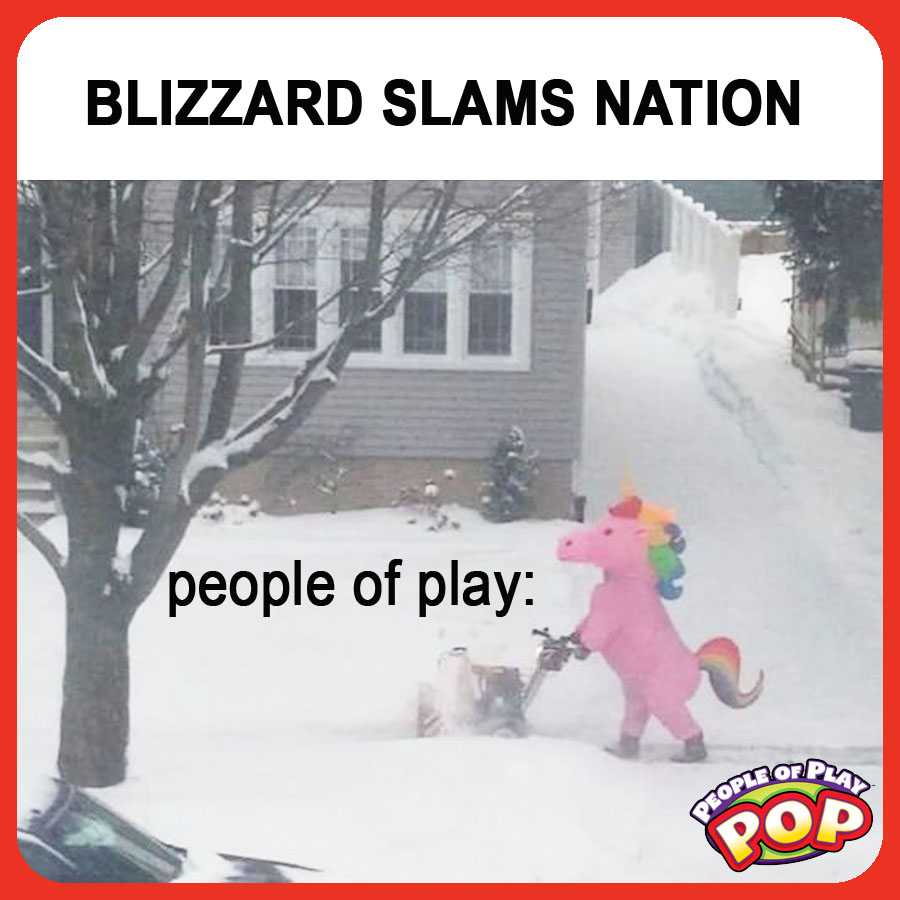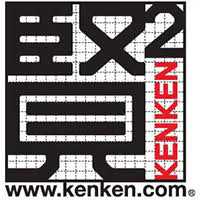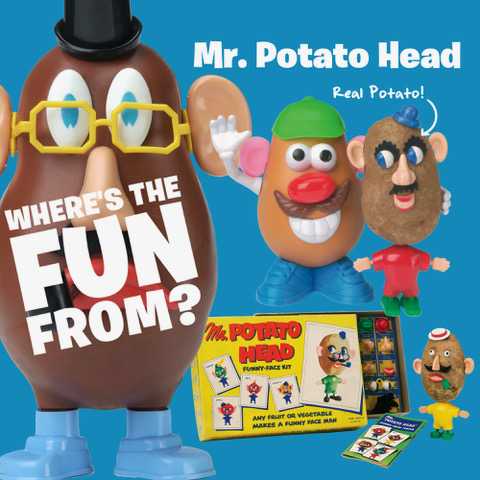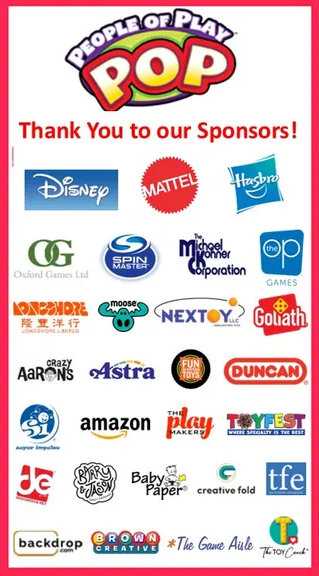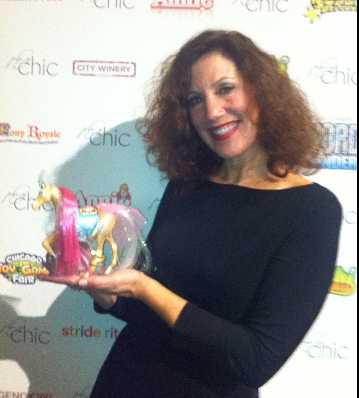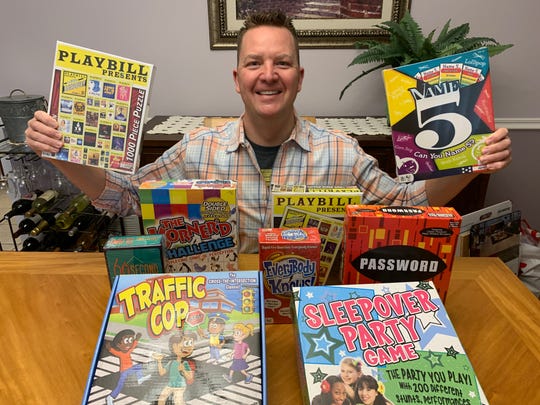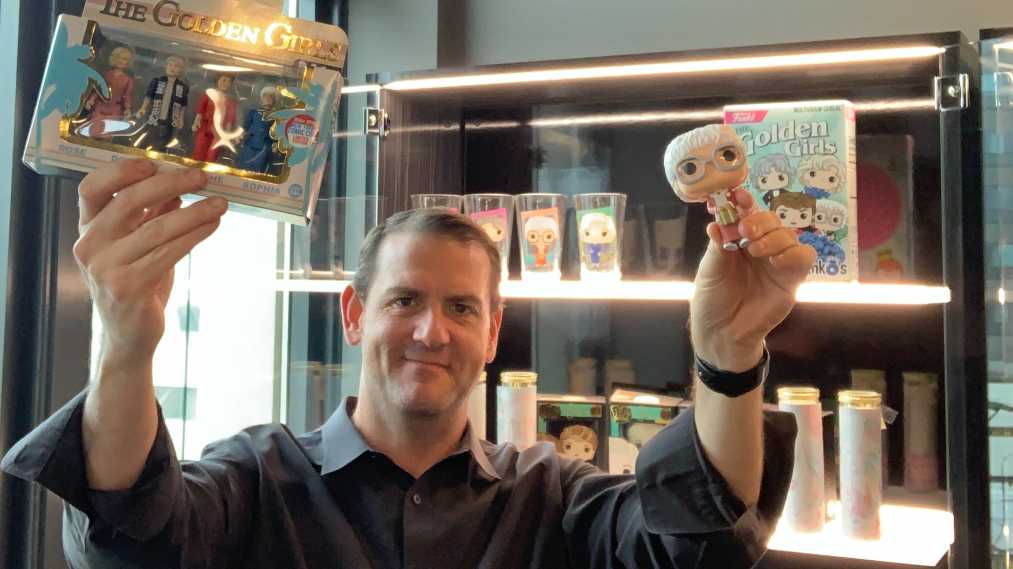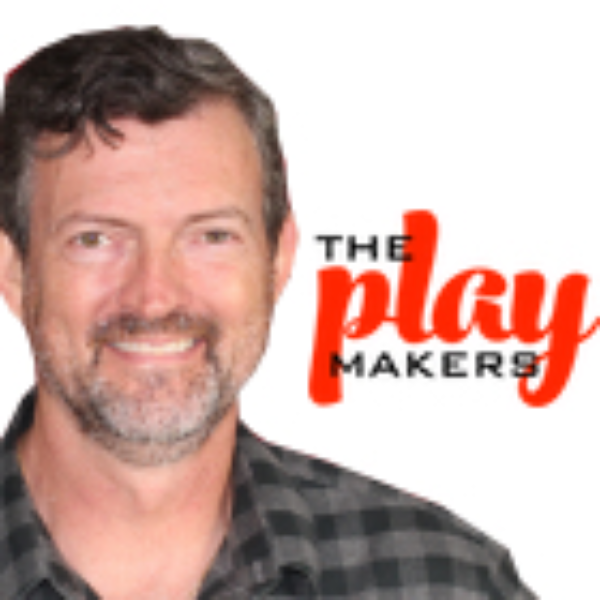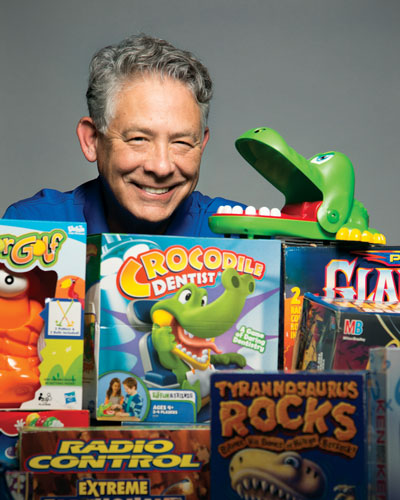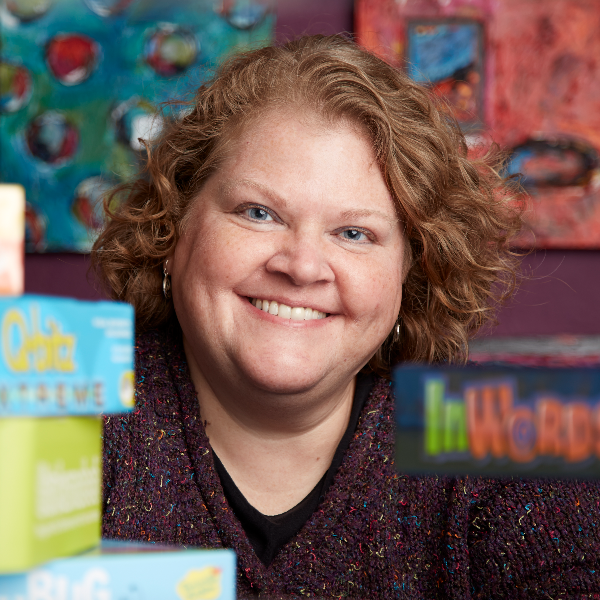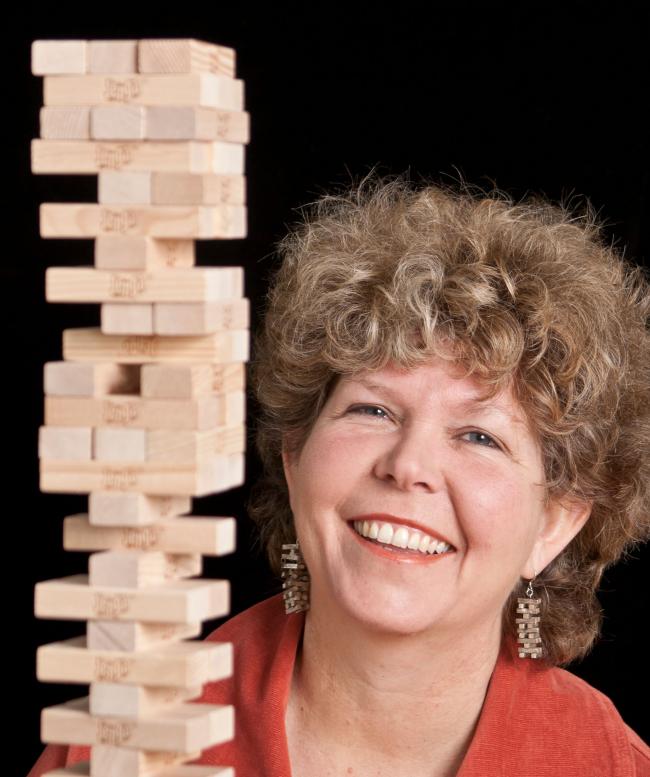Jonathan Levy on Jon2.0 - from Co-Founding Mastermind Toys to Spin Master
by Jonathan Levy | 12 Jul 2022
Biographies and Interviews
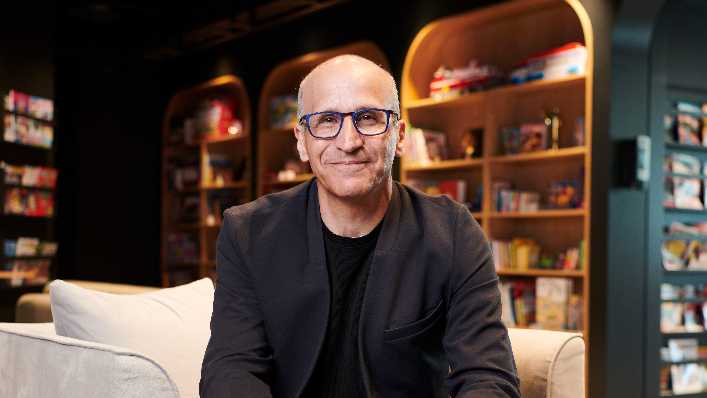
I love telling Mastermind’s origin story. Maybe it’s because it makes me feel like I’m telling someone else’s story—it was, after all, a fairly long time ago in the Spring of 1984.
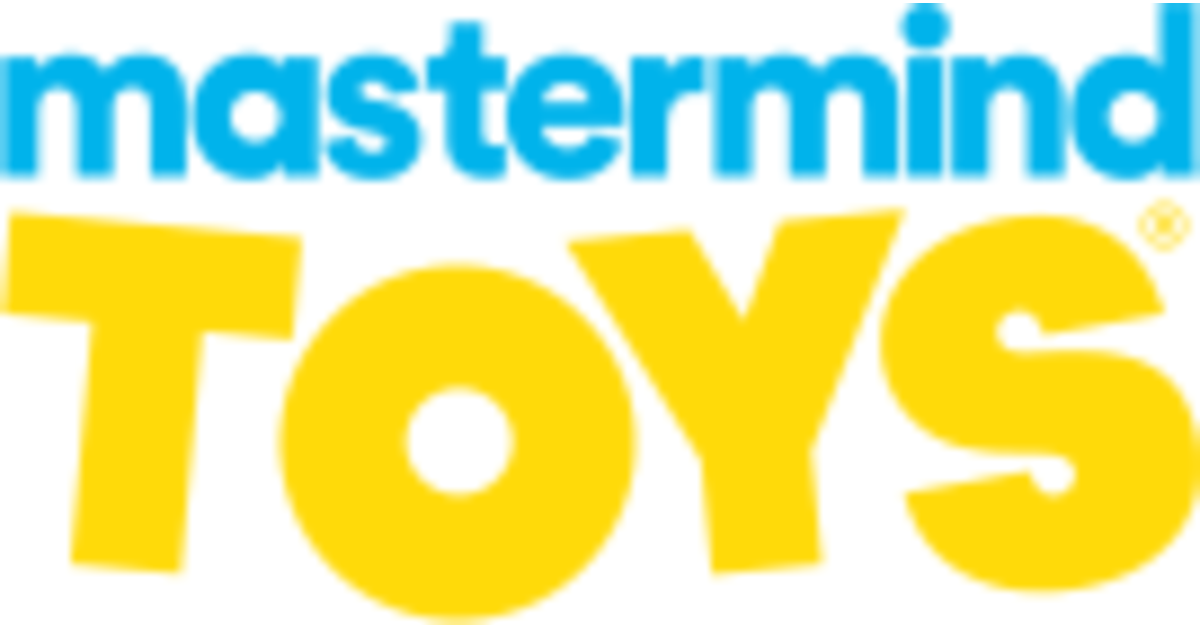
My brother Andy and I decided to open a small retail store specializing in educational computer games for kids. Our start-up was certainly no kick-starter. It was more like a fixer-upper. I sold my car, and Andy accepted a nod from his wife to make a go of it with a few bucks from their savings.
Our approach to starting up a business was multifaceted; find a location, learn about where the products come from, figure out how they work, buy building supplies to build the store fixtures, paint the building brown only to realize that it should be a zippier colour. We painted it again—blue this time. Voila, Mastermind, The Educational Computer Store, was born. Mastermind was open for 6 whole days without a single customer. Ah, we must have forgotten the marketing component in our “multifaceted” business plan somewhat surprisingly, as Andy had bought and read Jay Levinson’s Gorilla Marketing book cover to cover.
Our in-store concept has always focused on customer engagement. We got a deal to sell Commodore 64 computers—popular in the market—and set them up on the counter so that customers and kids could try the games before making a purchase. This was a little naïve as it was a very slow summer. While our location was in a good neighbourhood, we opened in July and quickly learned that most families leave the city and return in September. Despite the slight seasonal error on our part, I spent the summer in the store, learning about the business, playing our computer games, and sparking up conversation with just about anyone who walked into our shop. Desperate to figure out how to attract customers. We tried it all—from sidewalk signs to window displays, and print advertising in various newspapers and magazines. It wasn’t until a customer walked in and shared that “a friend told me about this place” when we had that infamous ‘light-bulb moment’, realised that word-of-mouth would be our greatest means to attract more customers. And as it turns out, customer engagement and experience really would become our golden ticket into market notoriety.
Our ethos centred around the customer. On one level, we educated customers about their home computers, but on another we fostered their curiosities about at-home play and wonder ignited through technology. It was this notoriety that made long days spent in this little shop quite fun—our customers learned from us as we learned from them. Our burgeoning expertise and appreciation for our newly minted customers was totally gratifying. And looking back, it’s remarkable to think that customers entered this 300 sq ft hole in the wall shop with one idea about computers and left with a whole new way of thinking about, and using, their home technologies.
After 6 months or so, we quickly learned the seasonal component of our business. The exciting and escalating growth of sales in kid’s products ran from September to December. Unbeknownst to us, retail sales plummeted in January which left us long on inventory and short on cash through those winter months. We took note of this hard-learned lesson.
Throughout this first winter, we went out to visit trade shows specializing in computers and games. Back at the store, sales were off season soft, customer activity was very quiet. A shift in our thinking came one fateful night in 1985. Andy, nine years my senior, came home to see his son playing with a brand-new wooden train set. As it happened, Andy’s wife, learned that she couldn’t take their three-year-old son into the neighbourhood mall without stopping into the local toy store for less than an hour. Mesmerized by the wooden trainset displayed in the window, Andy’s son could play for hours, lost in the magical world that is a child’s imagination. Whether Andy was astounded by the toy’s price tag or amazed by his son’s blissful joy evoked by that trainset, we’ll never know. Nonetheless, he picked up the phone and called me.
“Jon” he said, “we should sell start selling toys.” I paused in thought and intrigue. “The people who buy this kind of stuff for their kids’, fun through development and learning, are probably the same people who buy our educational computer games” he continued. I nodded; Andy made a great point.
The next day was the beginning of a whole new Mastermind store concept that would begin by adding carefully curated, high-quality toys into our assortment of computer games. We took it upon ourselves to learn about the toy industry; the toys, puzzles, games, craft activities, science kits, and products that both excited children and nurtured positive childhood development traits. We set out to conceive a retail experience that focused on the way kids play.
I contacted and worked with a talented childhood education expert who later introduced me to many of the toy wholesalers in Toronto who imported toys from around the world; these individuals were our first guides into the international toy world. This was an eye-opening experience for Andy and me. We learned about the dozens and soon hundreds of brands and products available on the market and developed a careful eye for thoughtfully designed and cleverly created products that were sure to bring lasting joy to children and families. It was at this point in the journey and a trip to the Nuremberg Toy Fair, when I learned that I had found my calling; to search the world for quality products that kids would love, learn through play and that their parents would feel good about buying.
Our 300 sq ft shop would become overwhelmed by our expanding product range, so we leased a second store the following year and called it Mastermind Educational—a bit of an odd name in retrospect, but we believed that it reflected our interests in bringing educational experiences to the forefront of childhood play. After opening this new store, we decided to renovate the original shop to make space for our new and exciting incoming product range. As for off-season cashflow, we won the tender to run the gift shop in Toronto’s Science Centre; a major science museum whose peak season just so happens to run from March to October. A perfect solution to our toy off season months of the earlier years.
For almost a decade, we continued to evolve, expanding our brand recognizability and square-footage to reach customers across Toronto. We added more stores, worked through the myriad of retail details, and developed several store partnerships—some were great while others were less so. Nevertheless, we continued to strengthen our store format in a corporate model.
While Mastermind’s customer-base grew, so did my wings as a professional within the industry. Being so curious and eager to succeed inspired my keen eye for selecting the very best products for children and families. Equally important, I recognized that fostering strong and genuine relationships is the real secret to business success. While my character made it easy to connect with upcoming entrepreneurs, manufacturers, creators, and competitors in the industry, I made it my mission to cultivate these connections into mutually beneficial relationships. In fact, relationship building is woven all through how we built our business from how we respected landlords, employees, service providers – the whole ecosystem we relied upon day in and day out. Through the power of community, we were able to define our purpose in the industry and develop our strategic advantage over other retailers, both big and small.
It was at this point we more broadly expanded our selection of children’s books to enhance our toy product offering and further fuel a child’s inquisitive mind. As the business expanded, our discerning curation added trend hits including Beanie Babies, Tech Deck and Tamagotchis. Our commitment to a quality customer experience continued with classic instore play areas with wooden trainsets, roadway playmats, doll houses and storybook readings. Later we added bigger store events hosting YoYo experts to demonstrate what distinguishes a good YoYo from a great one and Rubik’s ‘Speed-Cubers’ to bring the magic of childhood lore to life within our stores.
Of course, the fun and unique collections of products flowing in needed to find a home in the store and required a keen eye for presentation detail. The stores needed to be organized but inviting, playful yet professional with a chainwide consistency. Karyn, my wife, was the key player in this area. Her thoughtful approach to presenting an uncomplicated retail vision enhanced the shopping experience and would further define our unique curation.
By the late 1990’s, with almost 16 years in business our stores had become recognizable across city, and we were colloquially known as Toronto’s premier toy store. For those of you who attended birthday parties at this time, a gift wrapped in Mastermind’s signature complementary giftwrap was a clear sign of an all-star gift—even before the paper was torn off the box!
As we had grown a popular destination for great toys, the industry at large was also quickly responding to a growing consumer excitement for products that were fun and educational such as Thomas the Tank Engine, Leappad, Rokenbok and Air Hogs to name a few, our stores needed to get larger and once again, knew it was time to reinvent, remodel and rebrand Mastermind Educational to become Mastermind Toys.
Our business was unique in that it straddled two very distinct sectors of the toy industry: mass market and specialty. While we didn’t feel the need to declare ourselves fully in one camp or the other, I recognized that we needed to better understand our role in order to continue evolving as leaders in the retail toy industry. This inspired me to create what I call the ‘Circle of Toy’ to describe the converging space that separates mass market from specialty. Mass Market toys like Speciality toys begin with a playful idea. However, mass market focuses on marketability to increase demand for a particular product; the child asks for this product and mass shelf placement enables customers to answer the child’s request. Customer satisfaction results when the child receives what they asked for. Specialty toys also begin with an idea though they differ from mass market as toy features and benefits outweigh hyper marketing and awareness. The customer is truly satisfied as the child is delighted playing with the toy which has delivered on its promise.
In 1999, we were early to adopt online retail and created Mastermindtoys.com. While this online exposure increased our ability to serve customers across the country, we quickly learned that we could also reach our customers by email to share exciting deals and in-store perks. By the early-2000’s, we were spinning the retail flywheel! Our stores were busy year-round, we continued our commitment to high-quality products, innovative display, informed customer experience, and, of course, free gift wrapping.
In 2010, after 26 years in business, we set our sights on national expansion. Armed with new private equity backing, over a 6-year period we opened 60 stores across the country, evolving Mastermind Toys from a Toronto-based retailer into a national operation which spans from coast to coast and serves millions of customers each year.
We often observe a business from its terminal velocity—mining the books for reasons of successes and failures. Reasons that rationalize decisions and enable a grasp of concept which allows us to distinguish great businesses from others. But reverse engineering a start-up fails to account for countless intangibles, fortuitous breaks, and the value of those ‘trust-the-gut’ decisions which ultimately determine a company’s favourable outcome.
The DNA of businesses is imbedded long before expansion, exogenous investment, and scale. At present, Mastermind has 68 locations across the country and employs over 2,000 employees. If you type ‘Mastermind Toys’ into Google, other large-scale retailers such as Walmart, Toys R Us, and other international behemoths appear under the ‘people also searched for’ feature. This is not necessarily because Mastermind Toys is comparable to others in scale or stature, but because Mastermind Toys evolved on the careful curation of fun products, long-learned lessons to deliver on our promise of providing high-quality products, play value, and respecting the importance of developing relationships with key players in the industry—whether it be creators, manufacturers, suppliers or competitors, these relationships were fundamental to our success.
Indeed, a hindsight analysis would probably say that Mastermind was a ‘good idea’ from the beginning. However, if you asked me in July 1984, on the fifth day of pin-drop silence in that 300 sq ft retail space when we first opened our doors to the public, I might have given you a different answer. Fortunately, for us, our vision was clear. Clarity enabled us to be resilient and adaptable. Adaptability made us nimble and open to a change of course when, and if, things went awry. The beauty of a free market is that it will tell you pretty quickly if you’re on the right track—and even quicker when you’re not.
I was fortunate to have loved building this incredible business and as any entrepreneur knows, it’s a 24/7 fixation. But as I came up on that 35th year, I felt it was time for a leadership change and I stepped back from leading Mastermind with my centric product expertise. After a mere 15-month stint into what some would call ‘retirement’ when, like most people, I was busying myself with make-work tasks in and around our property located 2-hours north-west of the city, I started to think deeply about my next opportunity. As I like to say, I was in the process of curating what I now call: Jon 2.0. I received a call from the founders of Spin Master—industry allies over the last 25-years. “Hey Jon” they said, “What are you up to?” Bear in mind that this call came in the second year of the COVID pandemic, and I was ready to answer this question.
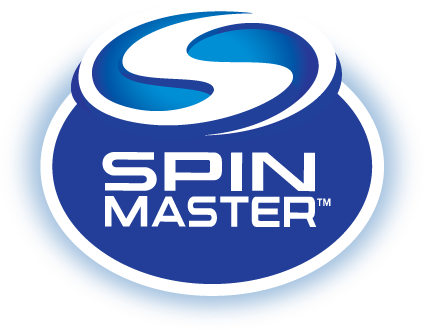
The key for Jon 2.0 was to find a place where I utilize my professional skills while engaging in the three things that I love most about this industry: To fulfil my insatiable curiosity and appetite for seeking out the world’s best and most exciting toys; to meet with new and upcoming creators and trailblazers in the industry, hearing about their start-up stories; and finally, to leverage my deep understanding and unique lens on toy retail. Spin Master Toy Acquisitions and Venture Toy Investment Program would be a perfect fit for Jon2.0.
I must admit that this role is a toy entrepreneur’s dream. A great honour to apply my career experiences in now working with Spin Master to find entrepreneurs with great promise, grit and conviction for creating fabulous and innovative products for children. Bringing insights and opportunity to Spin Master’s world-class institute as leaders in the industry inspires me. As I begin my second year in this role, I find my entrepreneurial gift reignited by those who are in that same position that I was in, as a young entrepreneur just 38 years ago.
Recent Blogs
Recent Blogs
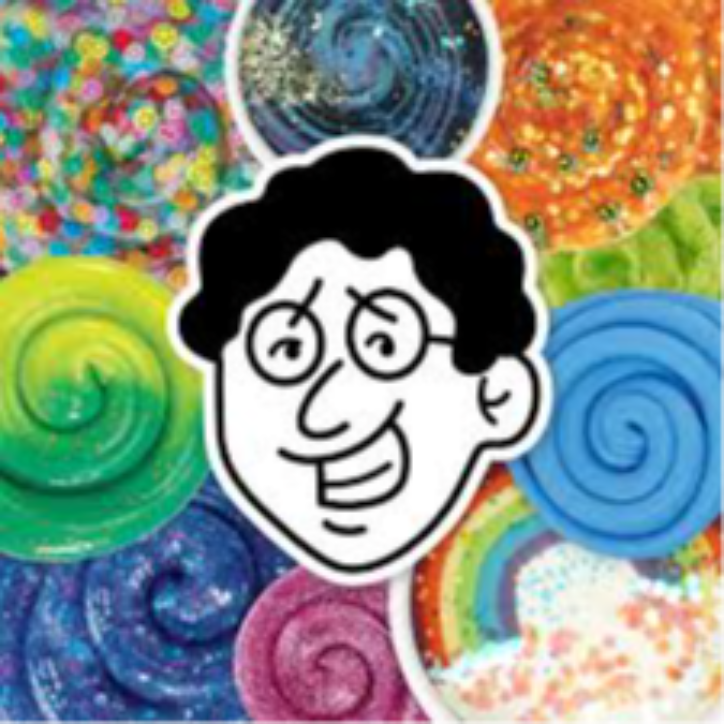
Reviews
Toy Review: Crazy Aaron's Thinking Putty, Land of Dough, & Slime Charmers

Press Release
GPI Partners with Kawakids to Bring Advanced Manufacturing to the North American Market
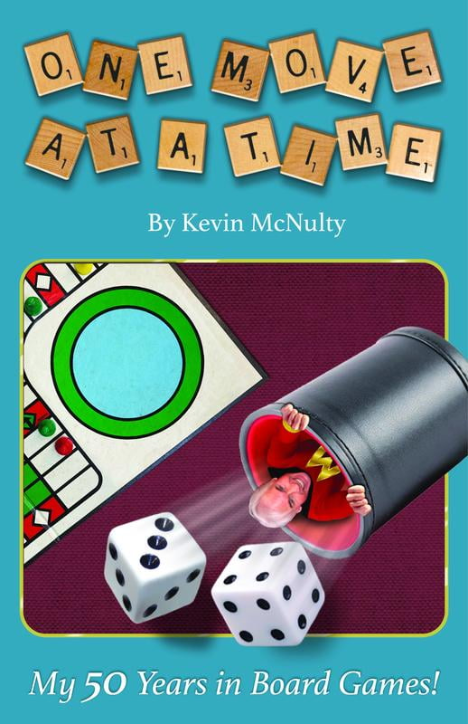
Reviews
BOOK REVIEW: One Move at a Time by Kevin McNulty
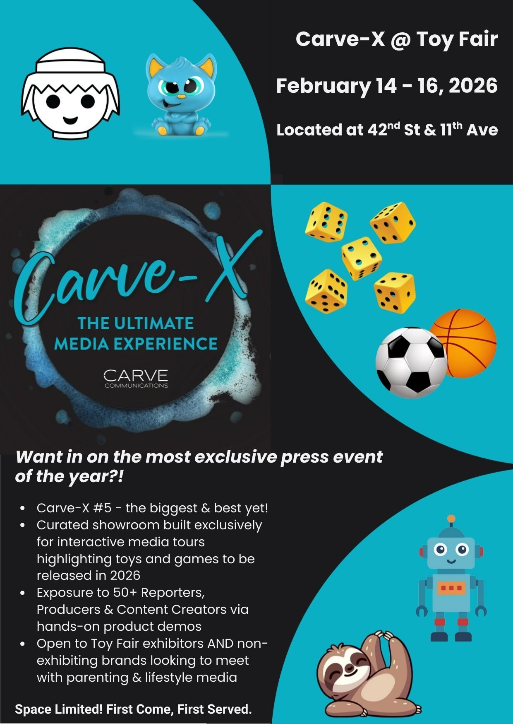
Press Release
CARVE COMMUNICATIONS HOSTS CARVE-X @ TOY FAIR – EXCLUSIVE EVENT FEATURES HOTTEST TOYS AND GAMES FROM INDUSTRY LEADERS, CHALLENGER BRANDS, AND START-UPS
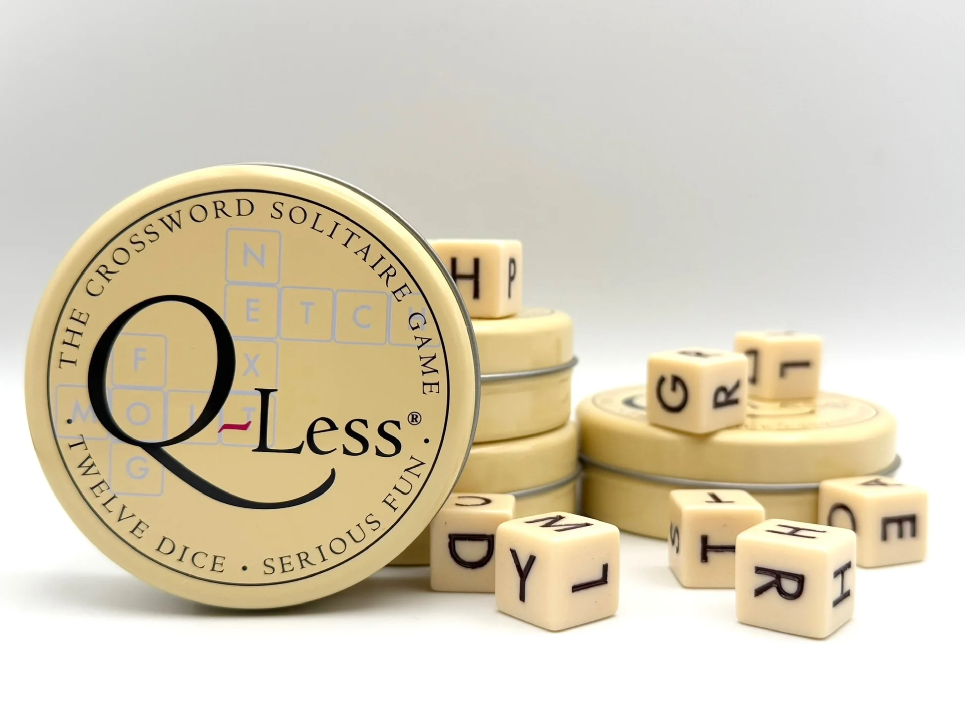
Reviews
Game Review: Q-Less
See more
Recent Wiki
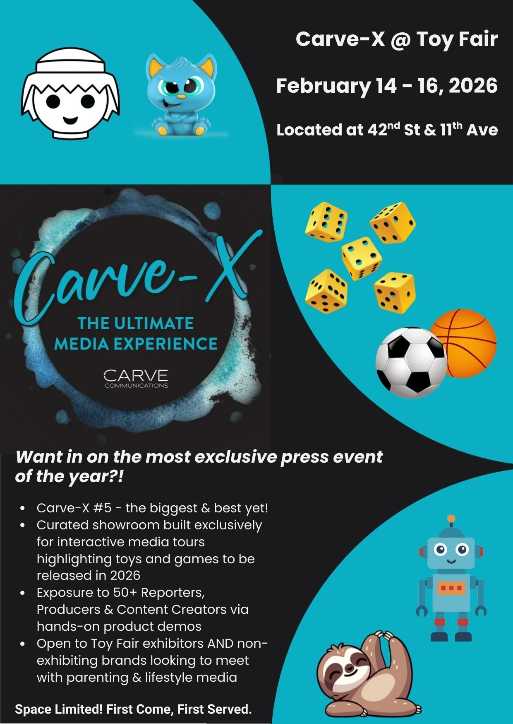
PR and SOCIAL MEDIA
CARVE COMMUNICATIONS HOSTS CARVE-X @ TOY FAIR – EXCLUSIVE EVENT FEATURES HOTTEST TOYS AND GAMES FROM INDUSTRY LEADERS, CHALLENGER BRANDS, AND START-UPS
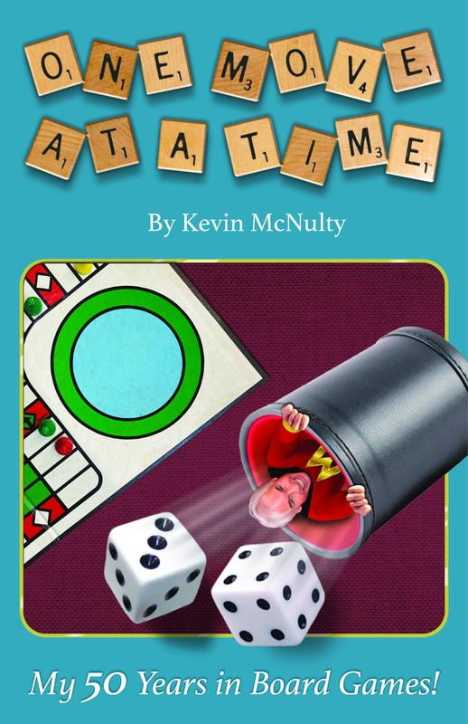
BOOK REVIEWS
BOOK REVIEW: One Move at a Time by Kevin McNulty

COMPANIES
GPI Partners with Kawakids to Bring Advanced Manufacturing to the North American Market
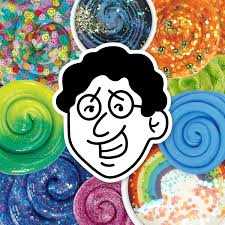
BOOK REVIEWS
Toy Review: Crazy Aaron's Thinking Putty, Land of Dough, & Slime Charmers
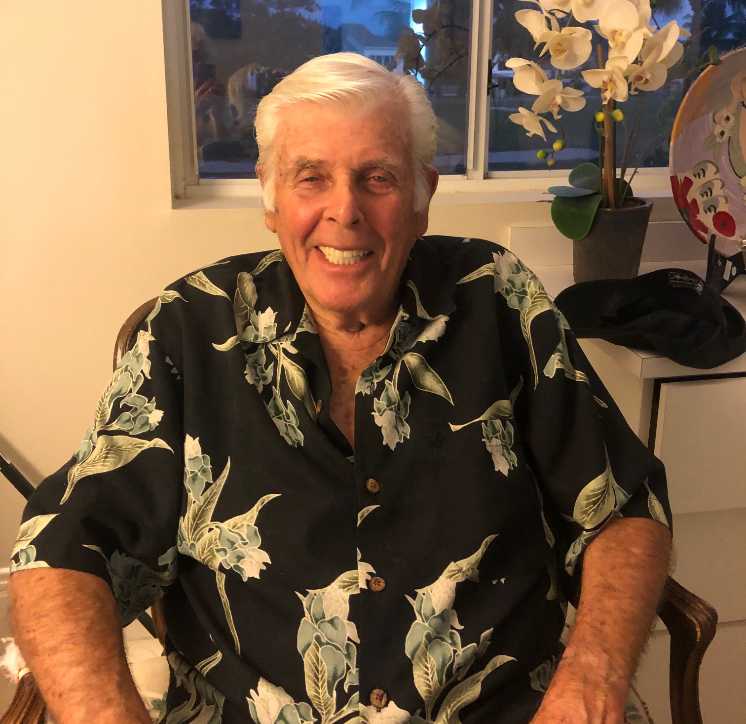
PEOPLE
Joe Kling Talks His Impact on the Industry, Career Highlights, and Advice to the Next Generation
See more
POP's Got Talent
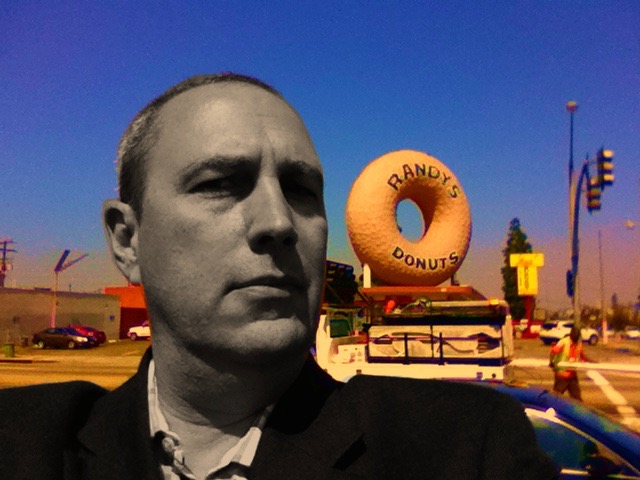
POP Entertainment
Randy Klimpert Shares his Ukulele Collection
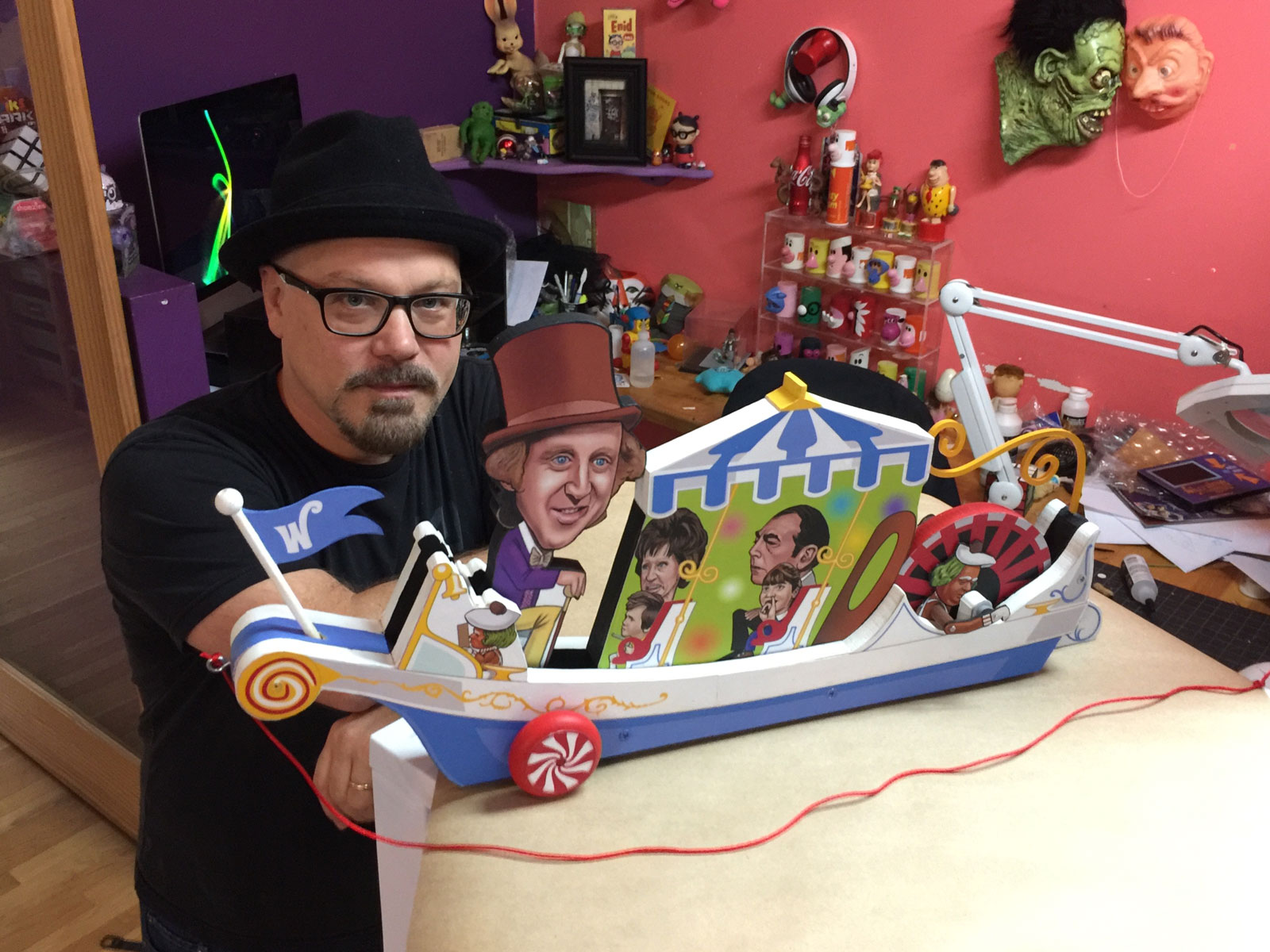
POP Entertainment
Steve Casino Peanut Art
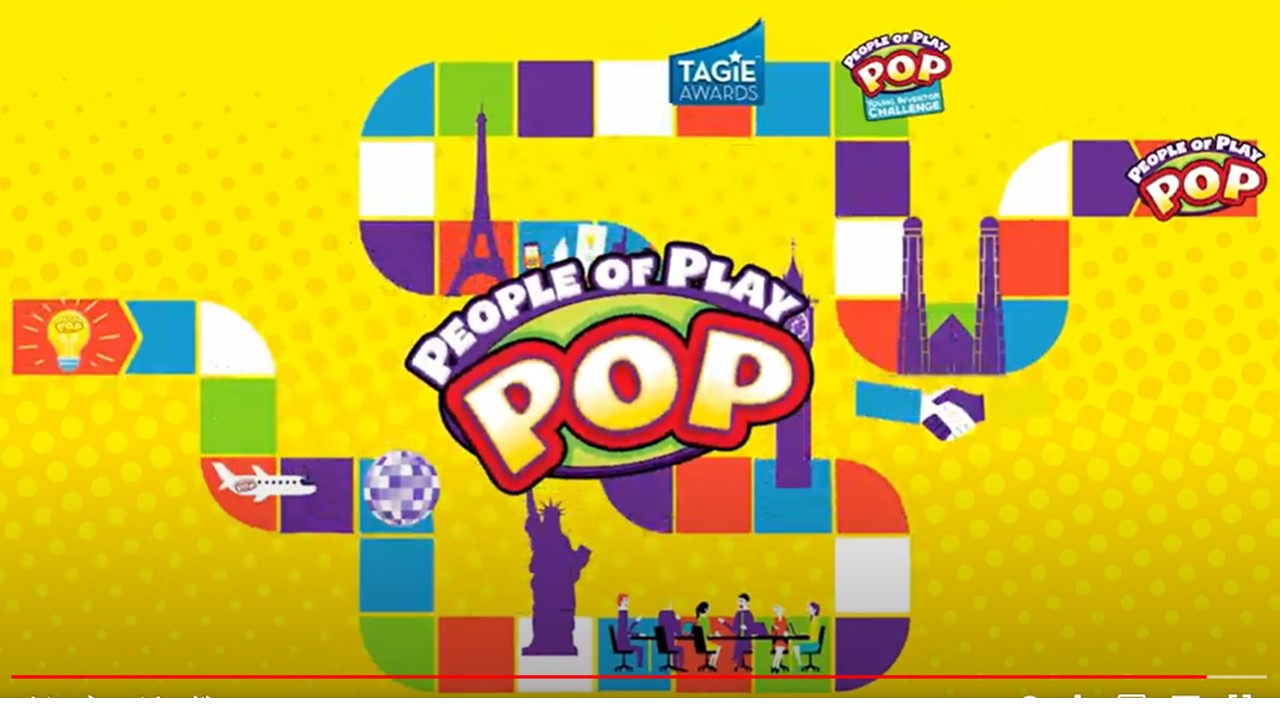
POP Entertainment
Everyone's Talking about POP!
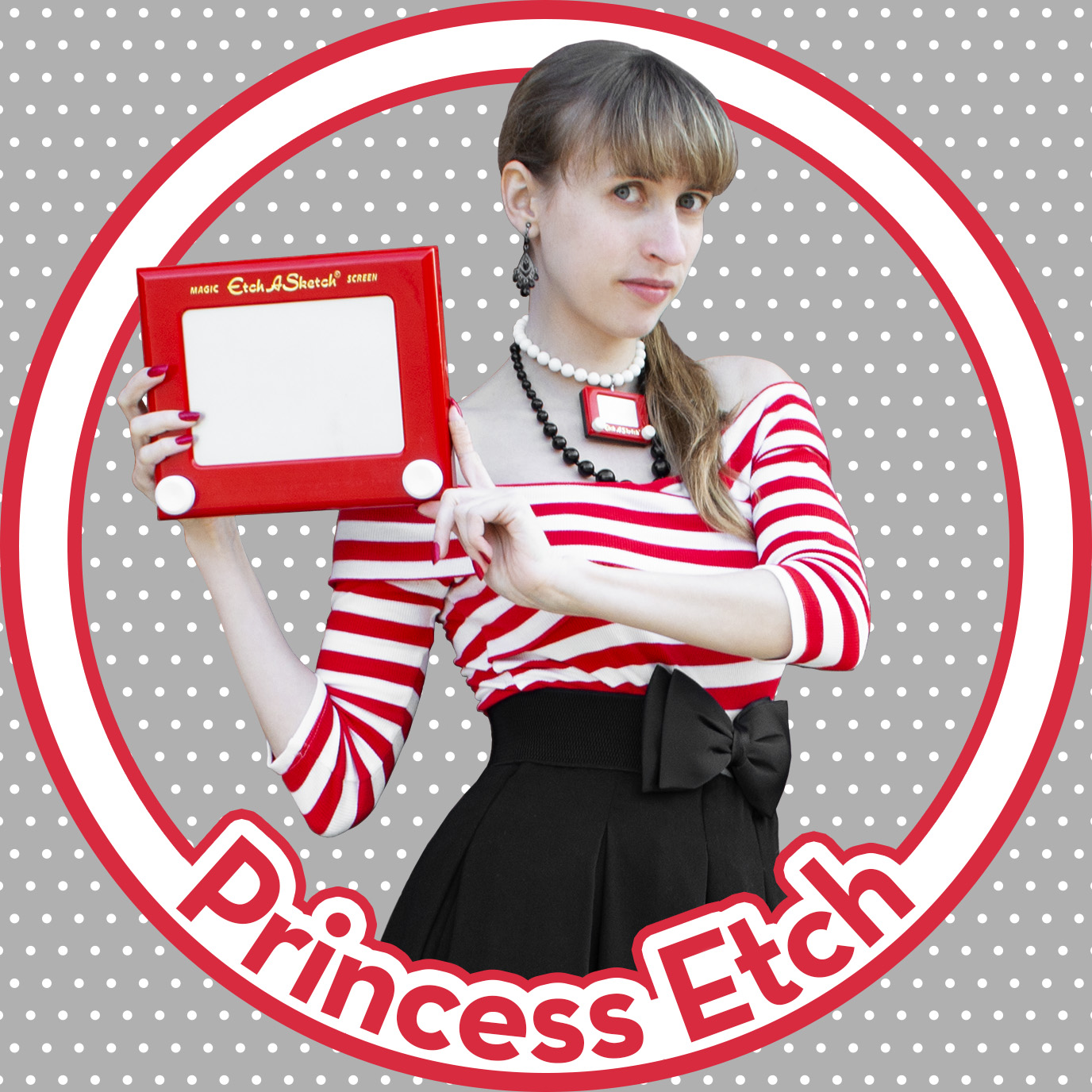
POP Entertainment
Princess Etch - a Multi-Talented Etch A Sketch Artist
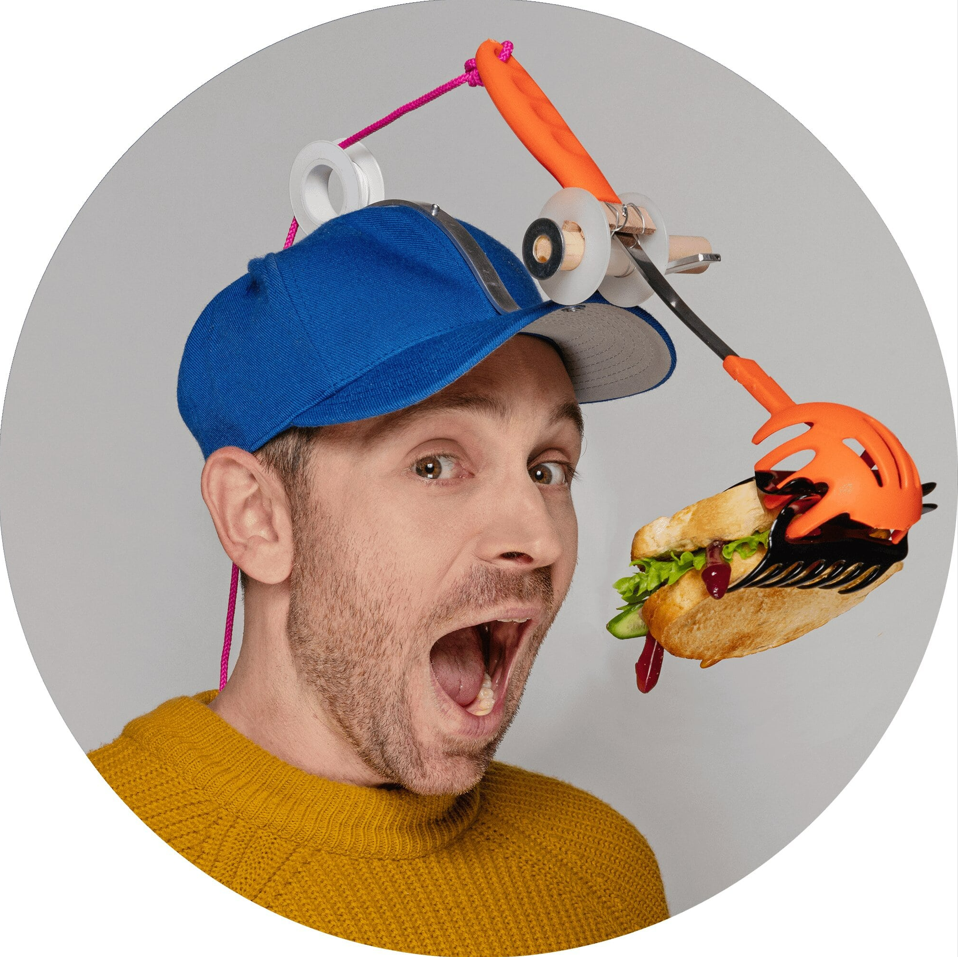
POP Entertainment
Joseph Herscher of Joseph' s Machines.
See more
Recent POPcast
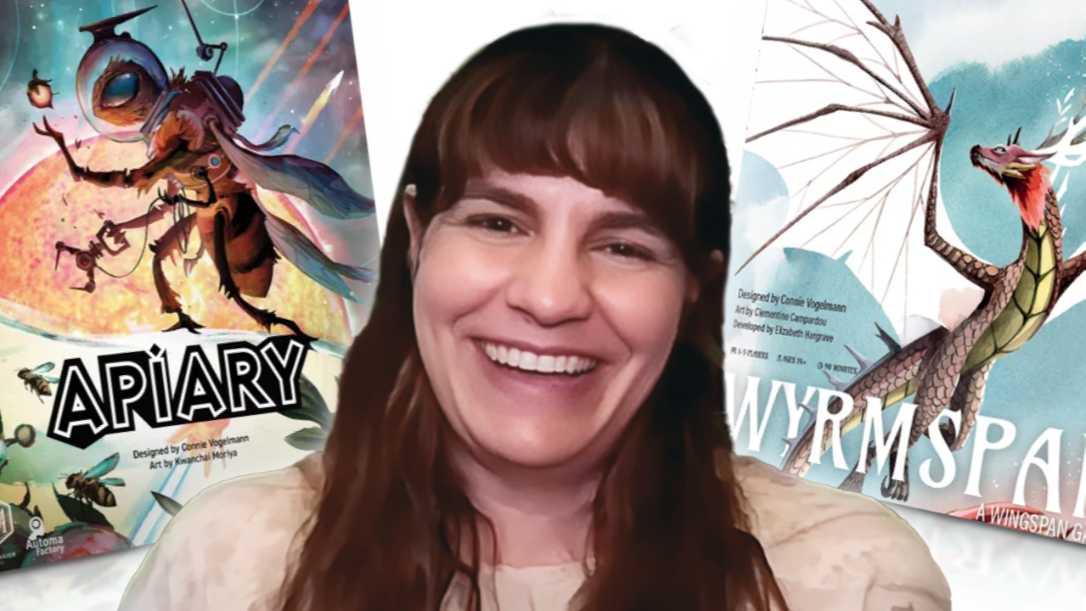
Hidden Role: The Brains Behind your Favorite Games
Connie Vogelmann designed Apiary & Wyrmspan!

Hidden Role: The Brains Behind your Favorite Games
Bob Fuhrer... Is THE Crocodile Dentist!
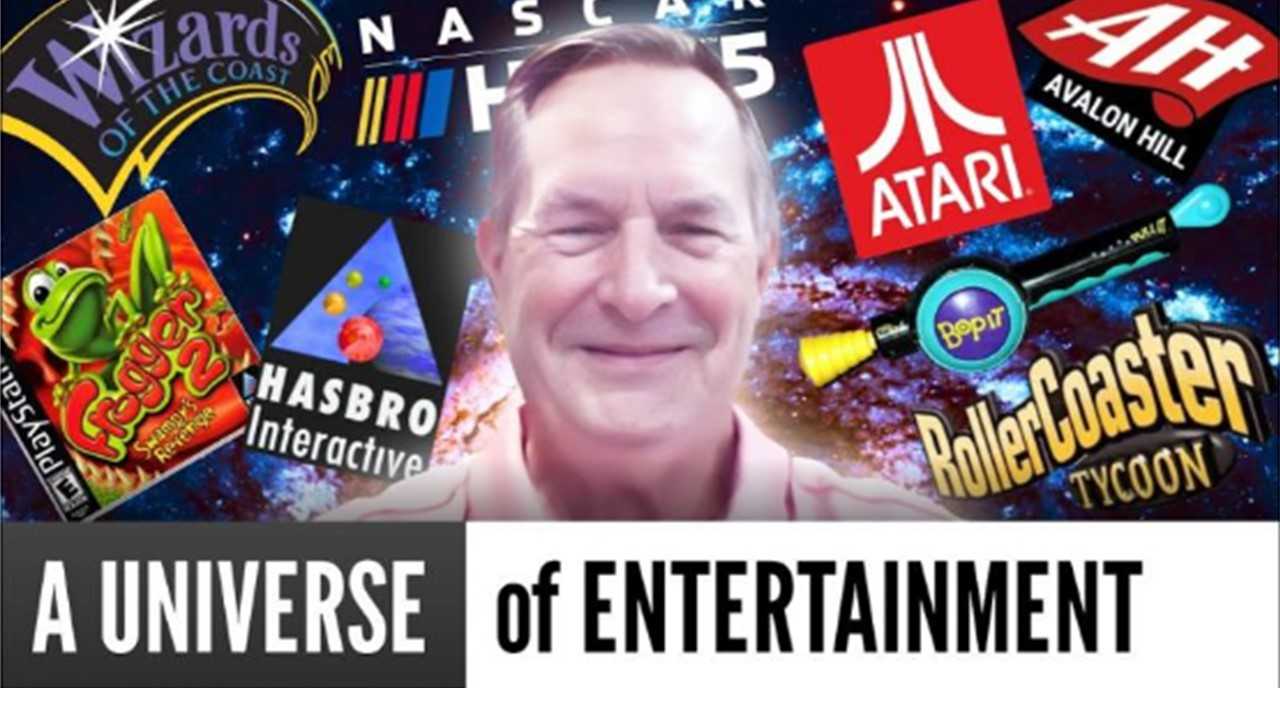
Hidden Role: The Brains Behind your Favorite Games
Tom Dusenberry... Bought Atari, Wizards of the Coast, and Avalon Hill!
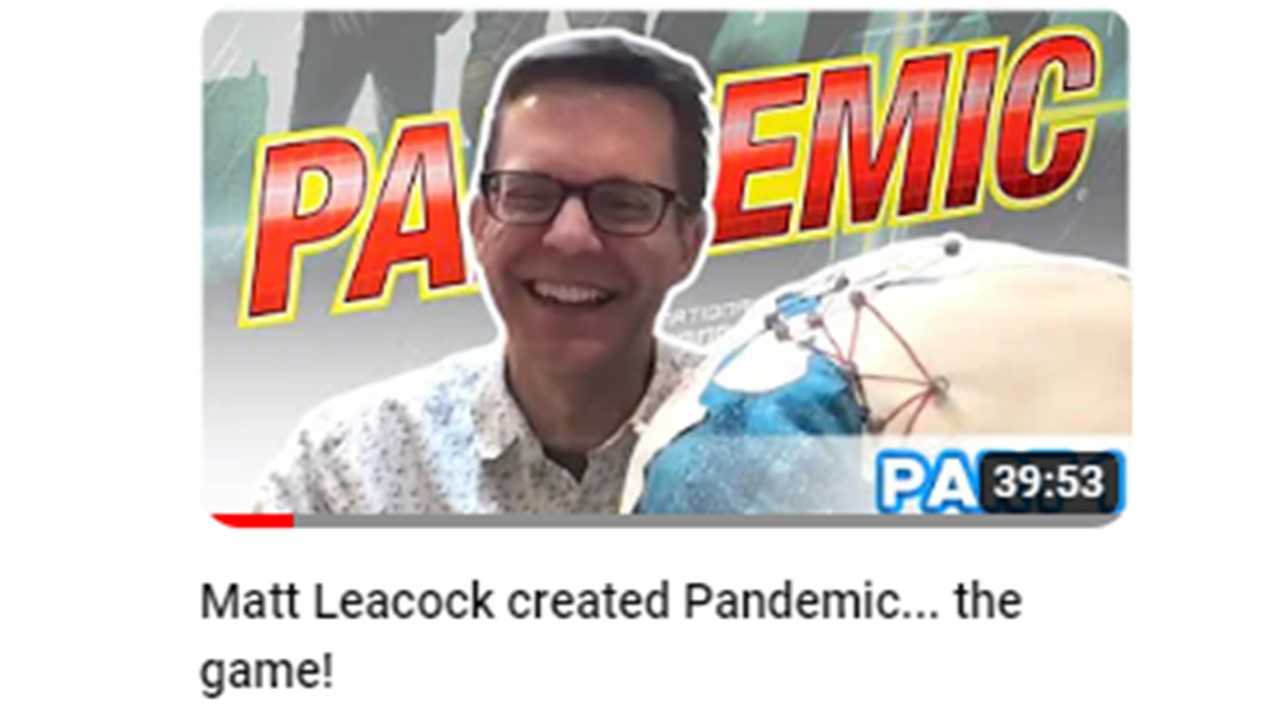
Hidden Role: The Brains Behind your Favorite Games
Matt Leacock created Pandemic... the game!

Hidden Role: The Brains Behind your Favorite Games
Scott Brown and Tim Swindle... are Launching a New Sport!
See more
POPDuos

POPDuos: Interviews with Legends and Leaders
POPDuo: Richard Dickson, Mattel’s President & COO, and Kedar Narayan, Young Inventor Challenge AMB

POPDuos: Interviews with Legends and Leaders
POPDuo: Will Shortz and Josh Wardle

POPDuos: Legends and Leaders Explore Creativity
POP Duo: Elan Lee, Co-Founder, Exploding Kittens.and Jeff Probst, Host and Exec Producer, Survivor

POPDuos: Legends and Leaders Explore Creativity
POP Duo: David Fuhrer, MNG Director, Blue Sq Innovations & Shawn Green, past Dodgers & Mets MLB Star

POPDuos: Legends and Leaders Explore Creativity
POP Duo: Bob Fuhrer, Founder, Nextoy and Tom Fazio, Golf Course Designer
See more
